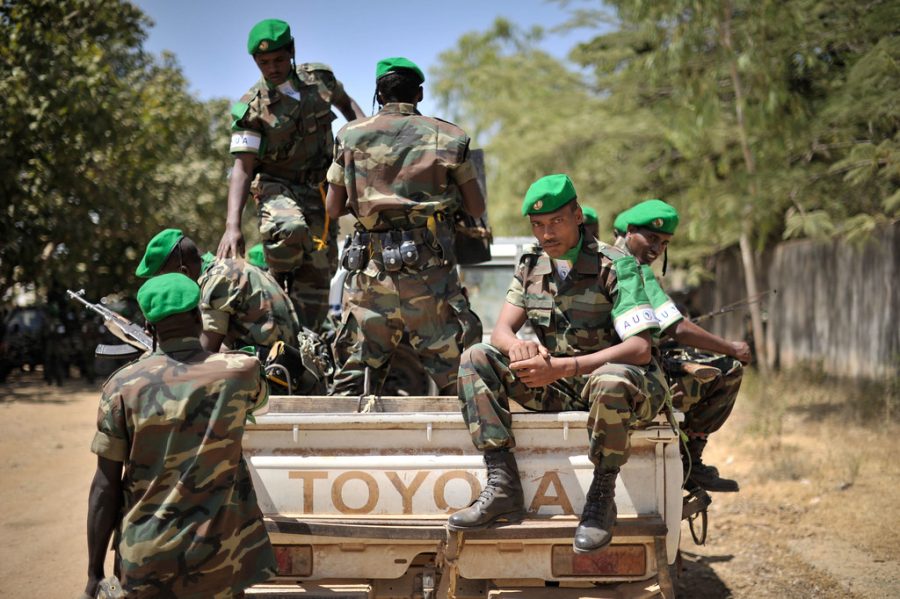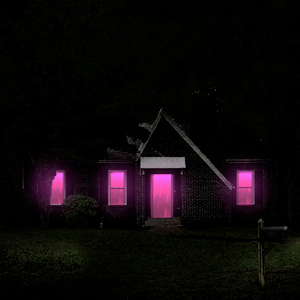Ethnic and political clashes run rampant in Northern Ethiopia
Credit: AFP Photo/Tobin Jones
Ethiopian soldiers prepare for an offensive against opposed militias outside the regional capital of Mekelle in November of 2020. The country has had several armed conflicts in the past century, most notably a civil war in 1974 which cemented the importance of Tigray within internal politics.
October 28, 2021
The Tigray region of Ethiopia has a history of political importance, great autonomy and serves as a spiritual and historic center of the nation. However, as of late, Tigray has been embroiled in conflict stemming from political rivalry, historic disputes, constitutional debate and ethnic clashes.
Ethiopia’s constitution, crafted in 1995 as part of a transition from military rule to civilian government, divides the nation into nine ethnic regions, each with extensive autonomy far greater than the American states. These ethnic areas have a long history of feuding, with the various regions having many competing claims on land and resources.
Politics in Ethiopia are also very dependent on ethnic and cultural divisions, with most parties having a core ethnicity they appeal to and are formed by. The Tigray People’s Liberation Front, TPLF, was the most powerful of these parties for 27 years, but in 2018, Abiy Ahmed of the Prosperity Party, a coalition of various ethnic-based socialist parties, turned the TPLF’s major allies against them and secured a position as Prime Minister of Ethiopia.
After this defeat, the TPLF would consolidate in Tigray itself and contest the Prime Minister’s later decision to postpone elections due to COVID, while holding local elections of their own against the government’s orders.
Ethiopian troops would soon be deployed in and around Tigray, seeking to secure the region and institute an interim government, appointed federally. The start of fighting would occur on November 3, 2020, with the regional capital of Mekelle being the initial flashpoint of violence. Both the TPLF and Ethiopian government claim that they were the first to be attacked, with violence ramping up over the following days. Tigray would find initial success but by November 28 would lose Mekelle to Ethiopian forces and be forced out of main roads and cities, soon retreating into guerilla warfare, engaging in hit and run attacks and hiding within mountains or other rough terrain.
In the months since, fighting has gone back and forth, with Tigray forces seizing much of the region due to federal force’s facing desertion and political pressure to halt.
Other nations have become involved, with Etrian and Somali forces entering Tigray on behalf of Ethiopia, along with neighboring regions becoming involved directly due to Tigray expeditions into their land.
Almost half a million soldiers have become involved, with the BBC reporting almost 11,000 dead and many more wounded, and a reported total of almost 8,000 confirmed civilian deaths from deliberate slaughter by both sides, along with rapes and looting.
The Humanitarian crisis within Tigray is also dire. The Ethiopian government has instituted a blockade against the region since the start of hostilities, with essential supplies and services becoming more and more sparse within TPLF held territory to the point of severe malnutrition and starvation among many.
United Nations officials have also been kicked out of the nation by Ethiopian officials on accusations of meddling in the war effort.
Protest and sanctions have grown out of the war, as thousands of ethnic Tigray gather to protest in cities including Portland, New York, Houston Chicago, and Washington D.C, calling for an end to the war favorable to the rebel government, withdrawal of foreign forces, along with an end to the blockade upon the region. Even U.S. president Joe Biden has gotten involved, speaking with the Kenyan President Uhuru Kenyattaon on February 25, focusing efforts to provide humanitarian aid and implementing sanctions against all parties involved in the war.
Chances of reconciliation seem slim. Despite the appointment of ethnic Tigray to the President’s cabinet and attempts at mediation, neither side will come to the negotiating table for the foreseeable future.
Recently the Ethiopian government has started a new assault against rebel forces, launching at least 4 airstrikes on Mekelle in order to weaken the enemy there, which resulted in collateral damage to civilians. The war has also turned digital, with social media becoming an avenue for propaganda for both sides, along with the attempted manipulation of journalists.












